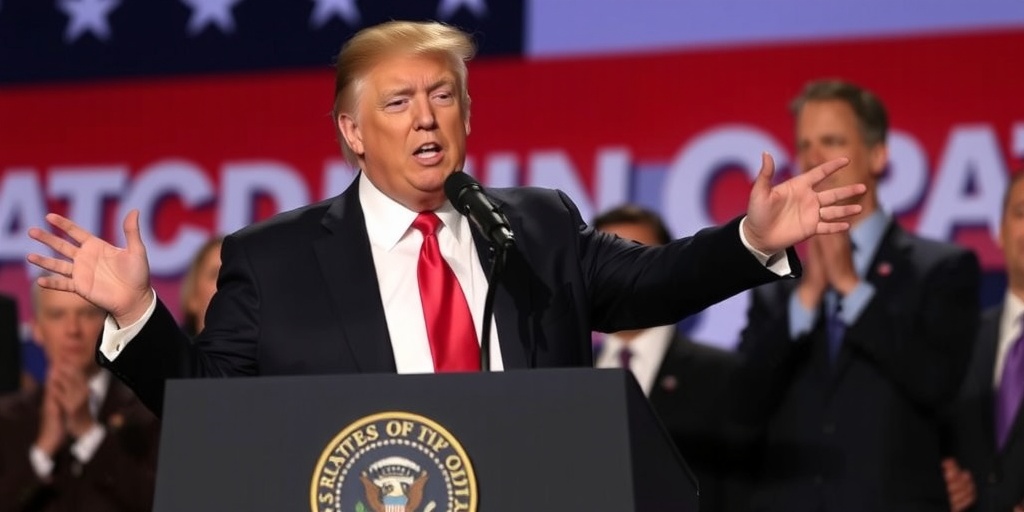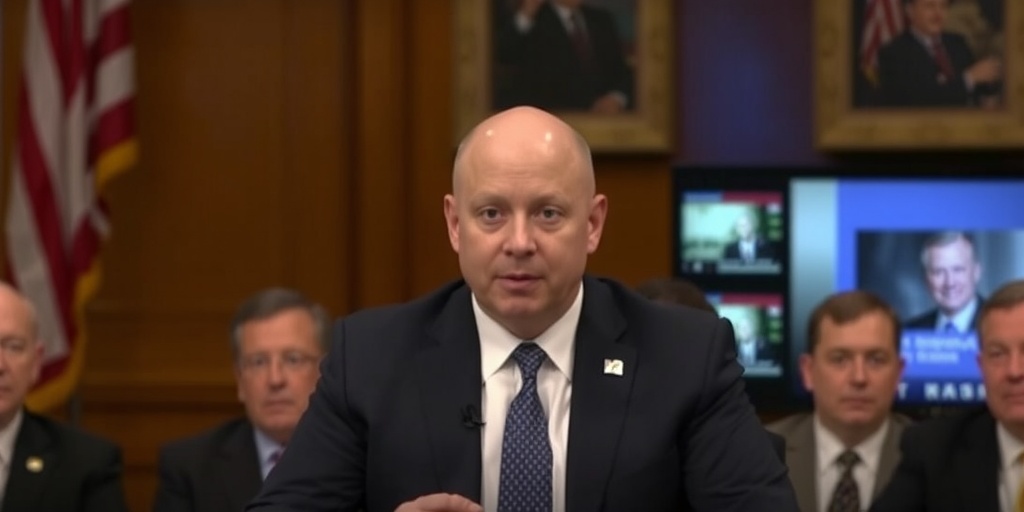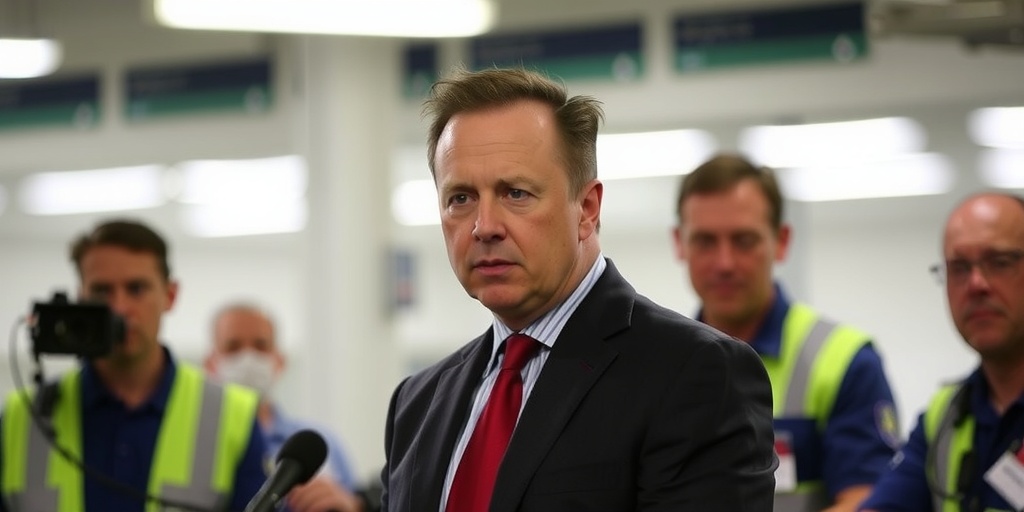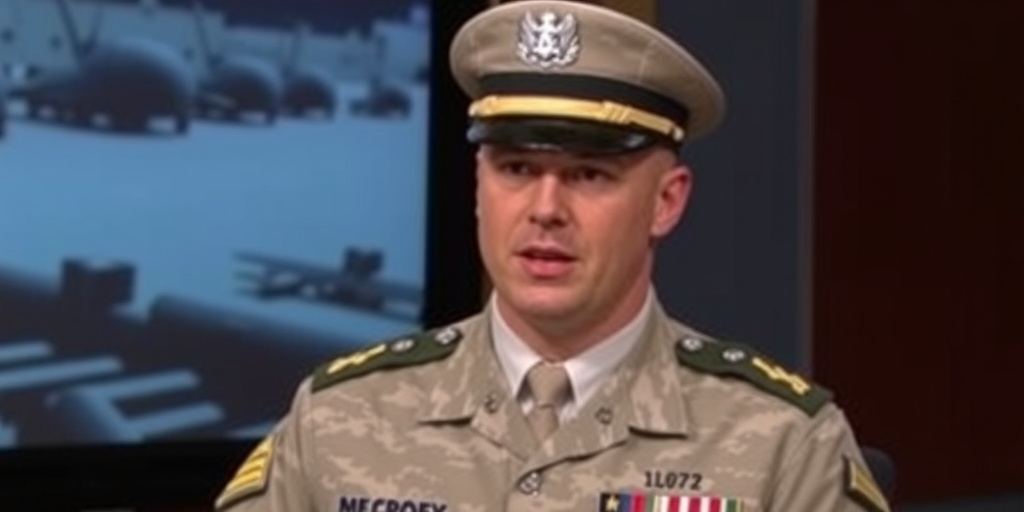Now Reading: Trump Celebrates Political Revenge at CPAC
-
01
Trump Celebrates Political Revenge at CPAC
Trump Celebrates Political Revenge at CPAC

President Donald Trump made a prominent return to the Conservative Political Action Conference (CPAC) on Saturday, captivating a crowd of steadfast supporters as he recounted his ongoing battle against the Biden administration. This gathering marked a significant moment, particularly given that many attendees included individuals whom he had pardoned for their involvement in the January 6, 2021, Capitol riot.
Two years prior, during his address at CPAC, Trump famously declared, “I am your retribution,” a statement that resonated deeply with his base. Now, Trump took the opportunity to celebrate a series of actions he has undertaken to reshape the federal government, including dismissing thousands of federal employees and dismantling key government agencies, such as the main international development agency. “We have escorted the radical-left bureaucrats out of the building and have locked the doors behind them,” he proclaimed, boasting about the elimination of thousands of positions within the federal government.
The conference served as more than just a platform for Trump; it highlighted a larger narrative of a global right-wing political resurgence aimed at challenging institutions and norms they perceive as oppressive. Echoing his previous sentiments, Trump stated, “I ended Joe Biden’s weaponization as soon as I got in. I said, ‘I’m going to hit him with the same stuff.’” This assertion reflects Trump’s long-held belief that retribution against his political adversaries is not only warranted but has already begun.
Throughout not just the CPAC event but his entire campaign last year, Trump emphasized a theme of revenge, especially following the various felony charges levied against him. He characterized his potential reelection as a “judgment day” for those “liars, cheaters, fraudsters, and globalists” who have commandeered the government. During his speech, he reiterated that this revenge tour is well underway, stating, “The fraudsters, liars, cheaters, globalists, and deep-state bureaucrats are being sent packing.”
Toward the end of his address, Trump elaborated on the scrutiny faced by individuals who supported his unfounded claims regarding election fraud in 2020. He specifically mentioned Mike Lindell, the founder of MyPillow, who has been an outspoken supporter of Trump’s electoral grievances. Describing the difficulties Lindell faced, he noted that the “F.B.I. thugs” had targeted him, which drew applause from the audience. “And he never changed his mind,” Trump added, before encouraging Lindell about speaking out on the perceived rigging of the 2020 election.
After his speech, Lindell expressed his determination to overhaul the voting system in the United States, emphasizing a return to paper ballots as a means to restore integrity in elections. He reiterated, “I’m not done yet. I’m going to get rid of the machines. How many times have you heard me say that?”
A notable presence at the event were pardoned participants from the January 6 Capitol attack, who were vocal in their support for Trump. Some cheered enthusiastically, waving records of their past imprisonments while chanting “J6! J6!” One attendee, Gregory Yetman, who had previously pleaded guilty to assaulting law enforcement during the Capitol riot, expressed his gratitude to Trump, saying, “Thanks to that man right there, I’m no longer a felon.”
Trump, who has long been associated with CPAC, first appeared at the conference in 2011 while contemplating a run for the 2012 Republican presidential primaries. Over the years, he has leveraged the platform to vocalize his criticisms of political rivals and outline his vision for America. The nature of CPAC has evolved significantly, transforming from a predominantly conservative gathering into a platform that largely mirrors Trump’s ideology and personal brand.
Even after losing the presidency in 2020, Trump maintained substantial support within the party, often utilizing his time at CPAC to confront dissenters and reinforce his narrative about the “stolen” election. The 2021 CPAC event saw him asserting his dominance, where he expressed intentions to purge the party of those who opposed him.
This year, the CPAC featured defendants from the January 6 riot prominently in the audience, including Enrique Tarrio, the leader of the Proud Boys, recently convicted of seditious conspiracy, and Stewart Rhodes, the Oath Keepers leader. Both figures were pardoned by Trump, and their presence underscores the ongoing intertwining of Trump’s political fortunes with those who participated in the insurrection.
In conclusion, Trump’s recent CPAC address encapsulates both his concerted efforts to reshape the Republican party in his image and reinforce a narrative of retribution against his opponents. As he looks toward potential future battles, both politically and legally, the support from figures like Lindell and attendees linked to the January 6 events highlights the unwavering loyalty he continues to command within this faction of the GOP.
Stay Informed With the Latest & Most Important News
Previous Post
Next Post
-
 01New technology breakthrough has everyone talking right now
01New technology breakthrough has everyone talking right now -
 02Unbelievable life hack everyone needs to try today
02Unbelievable life hack everyone needs to try today -
 03Fascinating discovery found buried deep beneath the ocean
03Fascinating discovery found buried deep beneath the ocean -
 04Man invents genius device that solves everyday problems
04Man invents genius device that solves everyday problems -
 05Shocking discovery that changes what we know forever
05Shocking discovery that changes what we know forever -
 06Internet goes wild over celebrity’s unexpected fashion choice
06Internet goes wild over celebrity’s unexpected fashion choice -
 07Rare animal sighting stuns scientists and wildlife lovers
07Rare animal sighting stuns scientists and wildlife lovers




















